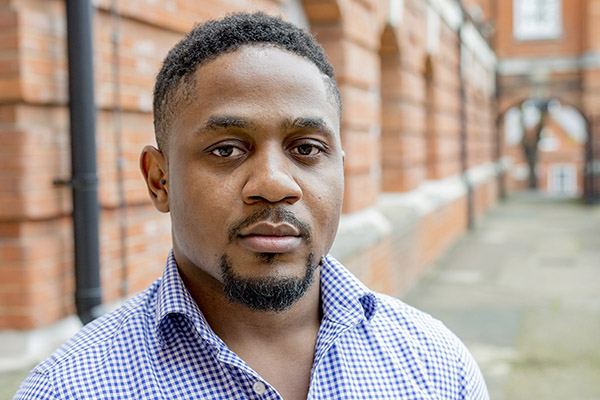Paul O Afolabi

Research Groups: Food Systems
Natural Resources Institute, Faculty of Engineering & Science
Paul Afolabi is interested in developing processing technologies that will contribute to the expansion of small-scale cassava industry in sub-Saharan Africa, thereby increasing food security and trade opportunities in that region. Currently, small-scale cassava processors do not have the equipment to routinely measure the moisture content of their dried products which leads to the problem of underestimation or overestimation of moisture, and obtaining moisture analysis tool may be unaffordable. A moisture determination method using an ordinary household microwave oven was developed to give these processors an inexpensive tool to routinely monitor the moisture content of their dried cassava products. The mechanical dewatering equipment used by industrial processors is based on the application of force but presently there is no optimal pressing protocol. This causes inconsistency, under-removal of moisture, and excessive starch loss. The efficiency of current cassava dewatering equipment has been impeded by lack of engineering information on cassava dewatering parameters. The availability of such information would allow engineers to design better mechanical dewatering equipment. The ultimate goal will be the development of a continuous mechanical dewatering equipment suitable for small-scale cassava processors.
Paul Afolabi is a full-time doctoral researcher at NRI in the Food systems research group. Paul Afolabi hails from a town called ‘Ile-Ife’ in Nigeria where he resided before he came to England in 2012 to pursue an Engineering degree. He has been at the university for 8 years where he first obtained a degree in Mechanical Engineering (MEng) in 2017 and soon after he commenced his PhD. His interest is in the development of low-cost equipment suitable for the processing of village-based roots and tubers.
- 2013 ‘William Hill Scholarship’ (for 3 years)
- 2017 ‘VC Scholarship’ (for 3 years)

